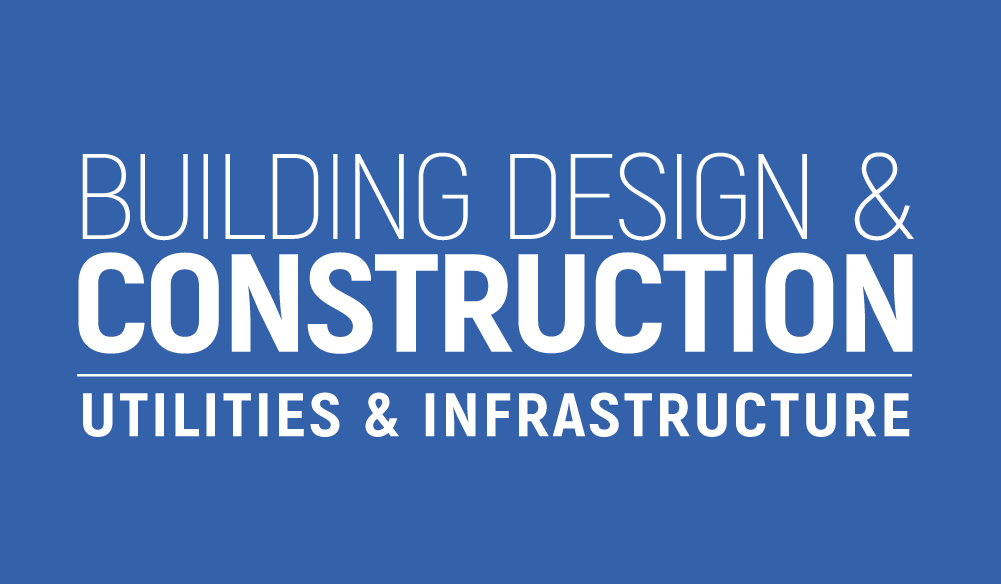DEVELOPERS, local highway authorities and consultants should be working more closely to ensure that fully integrated sustainable transport planning is made a reality, according to a leading transport expert.
Matt Harrison, head of transport planning at national engineering consultancy Rodgers Leask, believes that transport planning consultants and their local highway authority counterparts have focussed on vehicular traffic, and more specifically peak period commuter traffic, for too long.
The National Planning Policy Framework (NPPF) promotes sustainable development but, as any transport planner knows, NPPF paragraph 111 states: “development should only be prevented or refused on highways grounds if there would be an unacceptable impact on highway safety, or the residual cumulative impacts on the road network would be severe.”
Matt said: “The somewhat ambiguous ending to NPPF paragraph 111 is open to subjective interpretation, but it inherently places an emphasis on the need to quantify impacts on the road network.
“The NPPF, in conjunction with often outdated local transport planning policies, perpetuate the focus on peak period vehicular impact, so collectively the industry continues to plan for the worst-case peak hour scenario.
“This can often result in a siloed and unbalanced approach to the planning of sustainable transport, quantifying residual impacts and ultimately delivering development.
“People, not vehicles, should be the most important element of transport planning. This focus should be present from the very start of a project, through pre-application discussions with local highway authorities and during the subsequent production of a Transport Assessment and Travel Plan.
“Unfortunately, Travel Plans have long been the poor relation to a Transport Assessment because the document is typically simpler, quicker and cheaper to produce”, explains Harrison. This commercial reality mirrors local highway authority policies and resources, which often place greater emphasis on robust traffic assumptions within the confines of a ‘predict and provide’ methodology and less emphasis on the delivery of Travel Plans through a ‘vision and validate’ concept of sustainable development.
“It’s no surprise to find that Travel Plans are often not monitored or enforced rigorously because less resource is allocated to them. If developers, local highway authorities and consultants are serious about promoting a sustainable development then they must accept that more time, effort and cost will need to go into the production of a better Travel Plan. This shift needs to happen quickly if we are serious about achieving the nation’s net zero target by 2050.
“The global events in recent years and the ongoing political and economic upheaval have affected national travel patterns. According to the Department for Transports’ latest National Travel Survey in 2021 the overall number of trips (all transport modes) made by people living in England remains 19% lower than in 2019, though this statistic is skewed by the significantly lower number of public transport trips made on bus and rail. More of the people who are able to work from home now do so more regularly than they did pre-pandemic, but people are slowly returning to offices or adopting a hybrid working pattern.
“Many people who travelled on public transport pre-pandemic have been reluctant to continue this routine due to various factors – including health concerns, cost and available services. As a result, peak period traffic flows are now at similar or even higher level than those recorded pre-pandemic across many local authorities. This is due in part to people now opting to travel by car instead, so local highway authorities and developers need to be more rigorous in their drive to promote sustainable transport and deliver a modal shift away from the single passenger private vehicle trips”, said Matt.
With over 16 years of experience working in transport planning, Matt appreciates the difficulty of balancing the commercial interests of developers with the vagaries of the planning system, the needs of a development’s end-users, and the need to adapt to new issues like the cost of living crisis, or a global pandemic. However, he urges those concerned to remember that sustainable transport solutions must start somewhere and they require commitment and cooperation from all parties.
Matt continued: “Travel Plans are living documents that embody the strategy behind minimising the number of vehicle trips generated by a development while simultaneously giving people the choice to travel in the most convenient way. They need to be realistic and relevant to the people living and/or working on the development.
“Travel Plans have the best chance of working effectively if they’re taken seriously throughout the design development concept stage, all the way through planning and into construction. This helps to ensure that the infrastructure and the Travel Plan are ready for implementation before the first site occupant moves in. If this does not take place, end users’ ability to choose more sustainable travel options will be limited and their quality-of-life impacted accordingly.
“When done properly, Travel Plans provide a roadmap for shifting towards more sustainable modes of transport, they can effect a change in personal habits, help those who work and live on those developments to achieve time and cost savings, as well as improve health and fitness by adopting active travel choices.”
While Travel Plans provide a framework for developments to work from, there isn’t a one-size-fits-all approach to sustainability. New technologies and change in social conventions are opening up new opportunities to present alternative options to people. Giving people what they actually need via a sustainable option is how to make a Travel Plan truly work.
Matt concluded: “There is no single answer to the question of ‘what is sustainable transport?’ because it means different things to different people in different places.
“You only have to look at our team at Rodgers Leask and ask them how they travel in to work and the different methods of sustainable transport they use to know that simply putting in more bus stops or electrical vehicle charging points isn’t going to work in every situation.
“It is essential for developers to have experienced travel plan coordinators in place to ensure that those behind a development can continue engaging with users. After all, there are commercial, societal and environmental benefits available – how else can the importance be summarised?”
For more information on Rodgers Leask’s travel plan coordinators, visit tpc-rodgersleask.co.uk
Building, Design & Construction Magazine | The Choice of Industry Professionals





